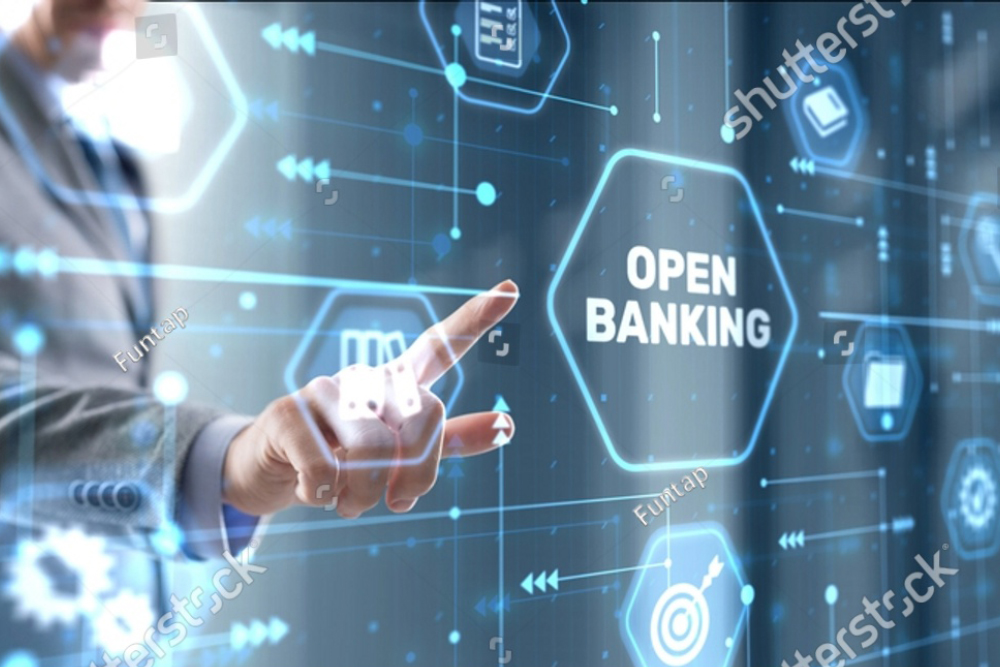Since 2018, the UK has pioneered the adoption of Open Banking, a term used to define a range of technologies that allow individuals to consolidate their banking and access a range of financial products or services via a single app or website. Over the last five years, Open Banking regulations have meant that the UK’s largest banks must allow your financial data to be shared with authorised providers, granting read-only access to things such as savings, loans, or payments. However, only the individual can decide what information and data is shared with providers and for what duration of time, with the providers only gaining access when permission is granted by the individual. The concept of open banking provides convenience for users by eliminating the need to complete paperwork to allow data to be shared, provided you’ve given your permission for this. In early 2023 the number of open banking users stood at seven million..
With this in mind, Jonathan Watts-Lay, Director, WEALTH at work comments on how it can help people to manage their money; “Open Banking is an innovative, regulated financial management tool that currently benefits millions in the UK. Sharing your banking information can be beneficial as it allows companies to offer you a variety of services whilst you remain in control of how your information is used and who it’s shared with.
There are many benefits that come along with Open Banking, for example, consolidating accounts from multiple banks and building societies into one mobile app can make managing your money significantly easier. It can also help people to budget through spending analysis, which categorises transactions across multiple accounts, to give a clear overview of how much is being spent with various retailers or on different categories i.e. clothing or food so that areas of overspending can be identified and where savings could be made. This could be useful for someone who may be trying to tackle debt. It is also a valuable tool for those with certain financial goals in mind. For example, if you are saving up for something, such as a wedding or holiday, you can create a goal and monitor your progress.


